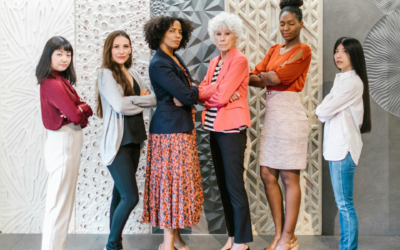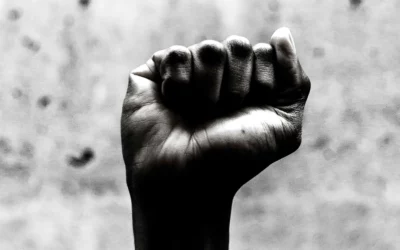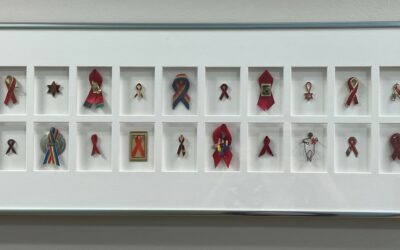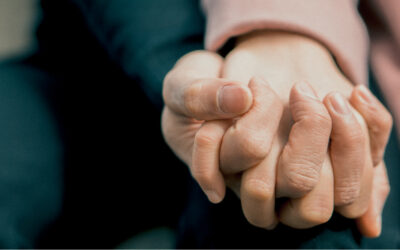Child Abuse and Homelessness Can Be Correlative
April is National Child Abuse Prevention Month. National Child Abuse Prevention Month recognizes the importance of communities working together to strengthen families and prevent child abuse/neglect. By placing focus on collaboration and prevention services, we can help protect children and cultivate families who thrive.
How Homelessness & Adverse Childhood Experiences Are Connected
Adverse Childhood Experiences, also known as ACEs, include emotional abuse, economic hardship, physical abuse, community violence, sexual abuse, bullying, emotional neglect, negative foster care experiences, physical neglect, discrimination (e.g. racism, homophobia, etc.), household domestic violence, household mental illness, household substance use, parental separation or divorce and having a parent or family member incarcerated.
Significant evidence from the NHCHC suggests that “people with four or more ACEs are two to five times as likely to develop clinical depression, substance use disorders, suicidality and numerous chronic health conditions including diabetes, cancer, cardiovascular, and respiratory diseases compared to people with no ACEs.”
Based on many previous blog posts you’ve read from us, you know that mental health issues as well as physical health issues are often to cause of a lack of housing stability for many individuals.
“Although individuals with higher ACE scores are also more likely to engage in high-risk behaviors (e.g., substance use), research shows that even those who do not practice risky behavior but have ACEs are still at greater risk for poor health.” The impact of ACEs starts during childhood and continues as kids become adolescents and adults. ACEs are proven to increase the likelihood of high school non-completion, lack of a college degree, adult unemployment, living below the poverty line, and experiencing homelessness.
Preventing Child Abuse in the KC Community
This month, we want to highlight resources throughout the Kansas City community for both preventing child abuse as well as helping individuals with complicated childhood histories gain access to help.
Child Abuse Prevention Association
Child Abuse Prevention Association (CAPA) is a 501(c)(3) not-for-profit organization primarily serving Jackson County, Missouri, and the surrounding Kansas City metropolitan area. CAPA was founded in 1975 as a parenting helpline, staffed by volunteers and members of the Junior Service League. CAPA became a United Way partner agency in 1978. Since those early days, CAPA has grown from a simple helpline to a holistic agency that provides counseling and treatment programs for children and non-offending caregivers who have experienced abuse or trauma, child abuse prevention education, parenting education classes, and home-visiting family support services. To learn more, please visit capacares.org.
Child Protection Center
The Child Protection Center (CPC), a nationally accredited child advocacy center, has served victims of child abuse and their families for more than 25 years.
The CPC opened in 1996 to serve as a child-friendly, safe place where children and adolescents who are alleged victims of sexual and physical abuse or who have witnessed a homicide or extreme violence can make their statement about the abuse. This statement is called a forensic interview. Our goal is to do the best we can to find out what happened in a manner that is respectful of the child and as comfortable as possible for children and their families.
Child Protection Center’s mission is to build a healthier community by leading the multidisciplinary response to the prevention, identification, and treatment of child abuse and violence. To learn more, please visit cpckc.org.
MICAH House
MICAH House, founded in 1986, is an emergency family homeless shelter that provides shelter and support services to hundreds of children and adults annually.
Through a network of services, MICAH House provides support and security to individuals who are uncertain about their future and are worried for the safety and well-being of their children. Families and single women who enter MICAH House are provided an array of services including nutritious meals, counseling resources, an on-site health clinic, and a trauma-informed (BUDDY) play program.
MICAH House follows similar policies set forth by the United States Department of Agriculture (USDA) and Housing and Urban Development (HUD) and does not discriminate in its programs or activities based on race, color, national origin, religion, sex, gender identity (including gender expression), sexual orientation, disability, age, marital status, family/parental status, income derived from a public assistance program, political beliefs, or reprisal or retaliation for prior civil rights activity. To learn more, please visit www.themicahhouse.org.









